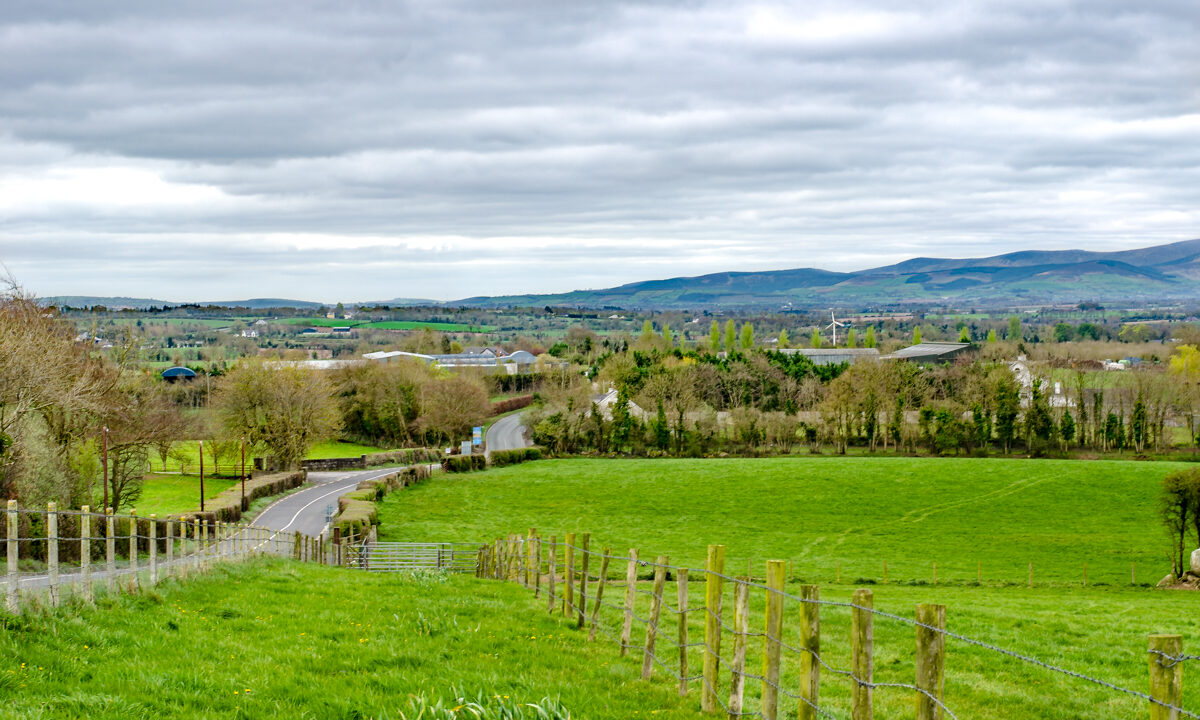Farmers need to “take more responsibility” for trying to manage their own grassland better in order to get more fodder from it, according to Sinn Fein’s agriculture spokesperson, Martin Kenny.
The Sligo-Leitrim representative believes that this message needs to be communicated to farmers on a broad scale if enough fodder is to be saved ahead of next winter.
Speaking in the Dail towards the end of last week, deputy Kenny acknowledged that the Minister for Agriculture, Food and the Marine, Michael Creed, has convened a fodder stakeholder group to coordinate advisory messages to farmers this summer around replenishing fodder stocks.
Commenting on the situation, he said: “For most farmers, the solution will lie on their own farms. That message must get through.
“I have examined many cases. Many farmers around where I live let their stock out onto 20ac for nine or 10 weeks before taking them back in and moving them to another bit of ground.
If they divided and managed their grassland better, though, they would need less pasturage and could put up to 20% into meadow in order that they might get more fodder for the winter.
“However, many farmers do not do that because it has not been their practice. We must try to make that good practice the norm,” he said.
The Sinn Fein TD stated that – perhaps through the Knowledge Transfer (KT) Scheme – a particular focus could be placed on grassland management and fodder provision over the coming months.
“There is no use in doing it once the crisis hits. It is now we need to do it if we are to have the work done for the future,” deputy Kenny added.
Stocking density
Agreeing with deputy Kenny’s point, Minister Creed stated that there are a number of livestock farmers in a position where their stocking density is not as high as it might be on intensive outputs.
He maintained that there is an opportunity for those farmers to have a fodder cash crop that could be availed of by others nationally, while not compromising their current production levels.
Continuing, he said: “Many such farmers are in low-income sectors anyway. This type of messaging is what we are trying to send through Teagasc and the co-operatives, but those farmers are unfortunately harder to reach than others.
“They are not the ones who are participating in – for example – the KT Scheme, where such advice would have delivered better grassland management and paddock arrangements were it heeded.
The farmers could even close up portions of their pasturage for a light cut. At this point, every opportunity must be taken. We are trying to get this important message out through the stakeholder group.
“There are also opportunities for some farmers who have low stocking densities and – with slightly better grassland management – could have a cash crop on their hands that would enable them to meet their own fodder requirements while also helping others,” the minister said.
